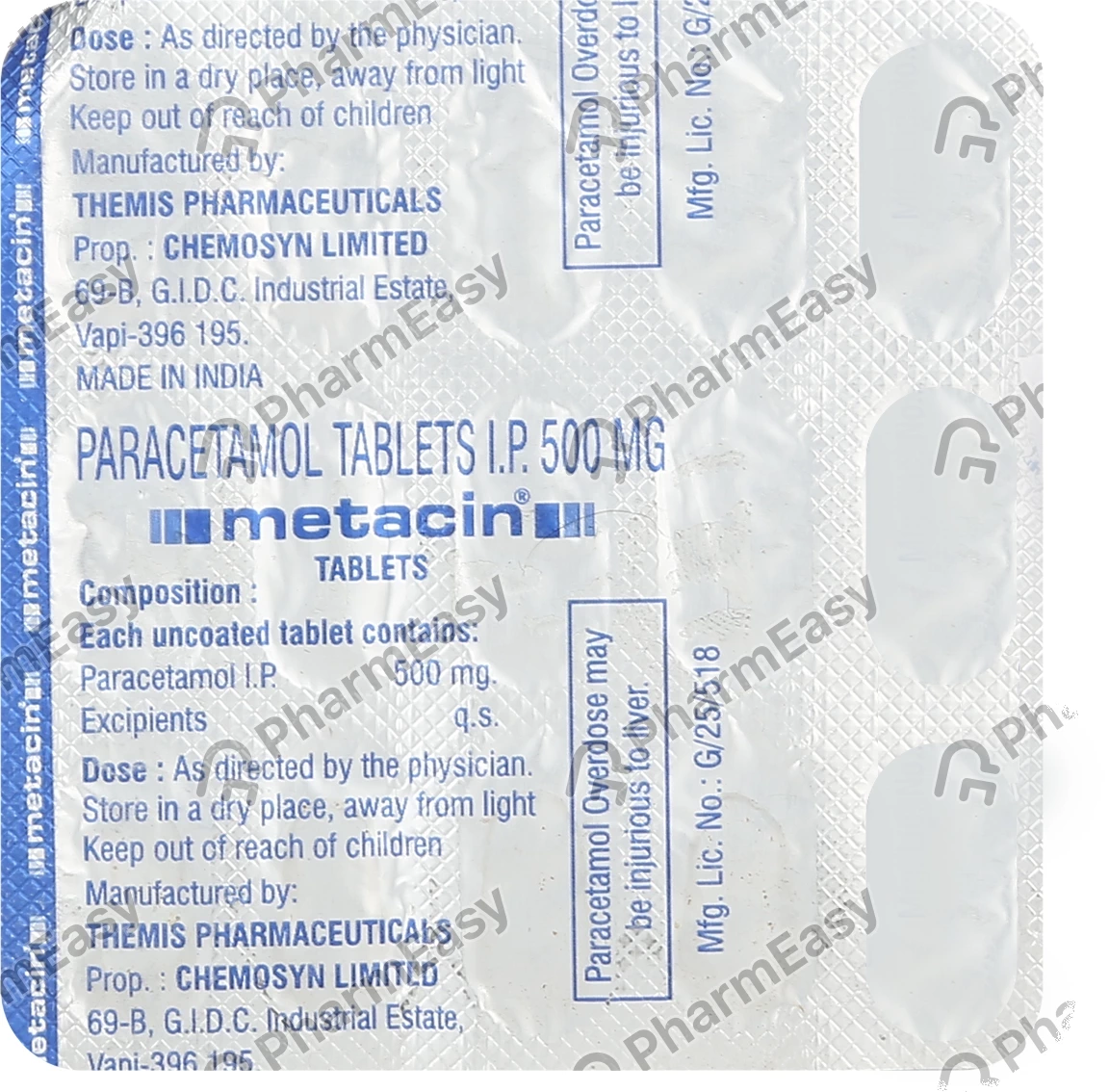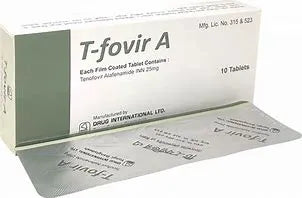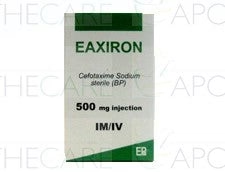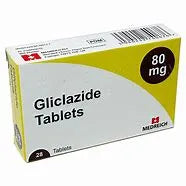Description
Matacin contains a fixed-dose combination of Sulfadoxine and Pyrimethamine, widely used in the prevention and treatment of Plasmodium falciparum malaria, including resistant strains. Sulfadoxine works by inhibiting dihydropteroate synthase in the folate synthesis pathway of the malaria parasite, while Pyrimethamine inhibits dihydrofolate reductase (DHFR). Together, they block folate metabolism, an essential process for parasite growth and replication.
Primary Uses
-
Prevention and treatment of Plasmodium falciparum malaria.
-
Can be used as a second-line therapy in chloroquine-resistant malaria.
-
Occasionally prescribed as prophylaxis in high-risk areas (under medical guidance only).
Indications
-
Acute uncomplicated falciparum malaria.
-
Preventive treatment in endemic regions (not recommended for routine use due to resistance risks).
How to Use
-
Take orally, preferably with food to minimize stomach upset.
-
Dosage should be strictly according to doctor’s prescription based on weight, age, and malaria resistance pattern in the area.
-
Complete the full prescribed course even if symptoms improve early.
Side Effects
Possible side effects include:
-
Common: Nausea, vomiting, stomach upset, mild rash.
-
Serious: Skin reactions (erythema multiforme, Stevens-Johnson syndrome, Lyell’s syndrome).
-
Blood-related: Anemia, agranulocytosis, leukopenia.
-
Allergic reactions: Swelling of throat, difficulty breathing (rare but serious).
If severe rash, sore throat, or unexplained fever occurs, stop medication immediately and consult a doctor.
Warnings & Precautions
Pregnancy
Contraindicated – may harm the fetus.
Lactation
Contraindicated – excreted in breast milk, not recommended in breastfeeding mothers.
General Precautions
-
Regular blood counts are advised during prolonged therapy to monitor for bone marrow suppression.
-
Avoid excessive sun exposure – this drug may cause photosensitivity.
-
Use cautiously in patients with:
-
Liver or kidney disease.
-
Blood disorders (e.g., megaloblastic anemia, folate deficiency).
-
Contraindications
-
Known hypersensitivity to sulfonamides or pyrimethamine.
-
Severe liver or kidney disease.
-
History of blood dyscrasias (e.g., aplastic anemia, agranulocytosis).
-
Pregnancy and breastfeeding.
Drug Interactions
-
Avoid concurrent use with other sulfa drugs (increases risk of toxicity).
-
May interact with antifolic drugs (e.g., methotrexate, trimethoprim).
-
Alcohol should be avoided to prevent liver strain.
FAQs
Q1: What is it used for?
It is used for the treatment and prevention of malaria, especially Plasmodium falciparum.
Q2: Why is completing the full treatment important?
To prevent relapse and development of drug-resistant malaria.
Q3: Can I double the dose if symptoms persist?
No. If symptoms persist, consult your doctor—never self-increase the dose.
Q4: What if I miss a dose?
Take it as soon as you remember, but if it’s close to the next dose, skip it. Do not double dose.
Q5: Does it affect blood?
Yes, it may reduce blood cell counts. Regular blood monitoring is recommended.
Storage
-
Store in a cool, dry place below 25°C.
-
Protect from light and moisture.
-
Keep out of reach of children.
Disclaimer
The information provided here is for educational purposes only and is not a substitute for professional medical advice. Always consult your physician before starting or discontinuing this medication.








Reviews
There are no reviews yet.